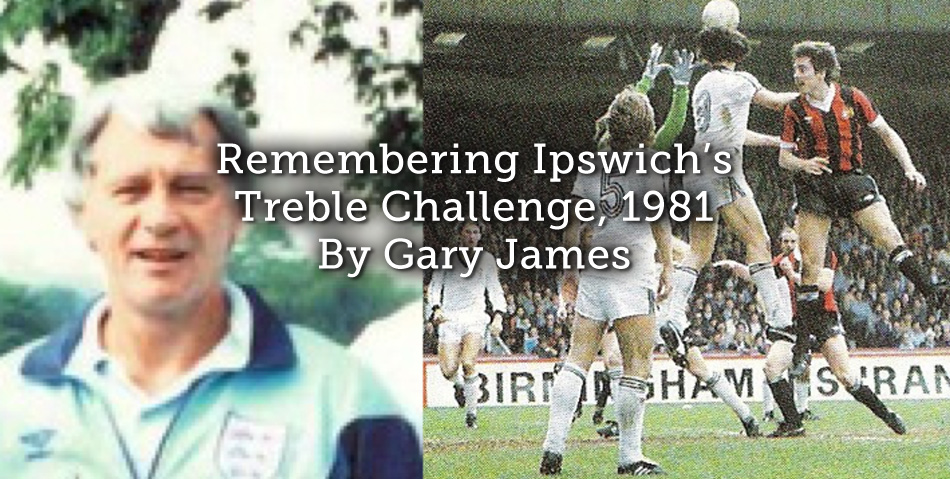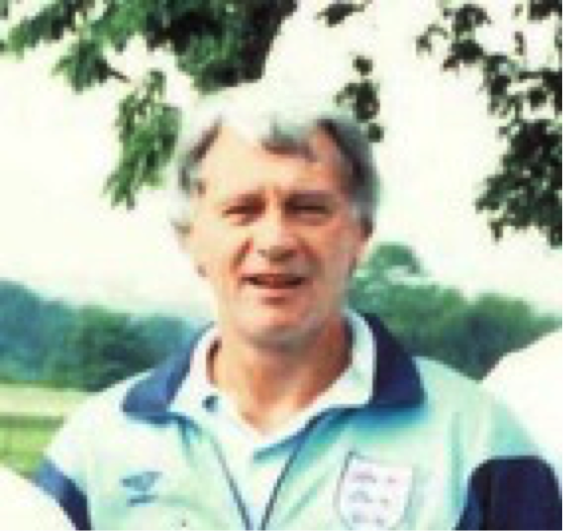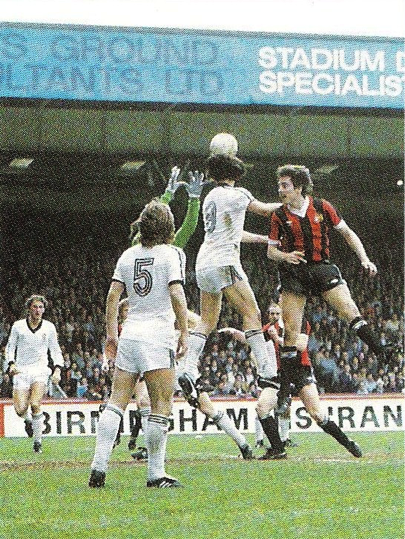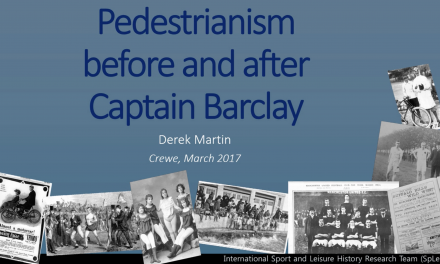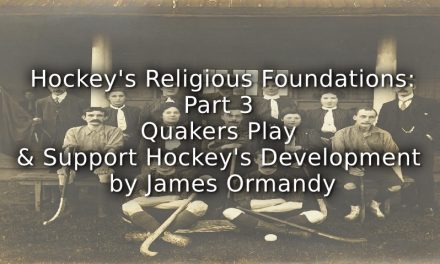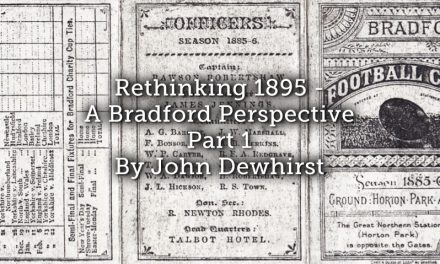In April 1981 Bobby Robson’s glamorous Ipswich Town team appeared to be heading towards a glorious treble of the Football League, the FA Cup and the UEFA Cup. It was a season that established Robson’s reputation as a talented and knowledgeable manager, but the semi-final pitted Suffolk’s major club with a revitalised Manchester City. Manchester’s Blues were managed by the former Norwich boss John Bond, adding to the East Anglian focus, who had arrived at Maine Road in October and revitalised the club following a desperate period under the stewardship of Malcolm Allison.
- Bobby Robson
Bond’s mission had been to keep City in the First Division, while Robson’s side were chasing a remarkable treble, particularly for a club that had previously won two major trophies (the League in 1962 and FA Cup in 1978) in their entire existence.
The media had claimed that the result was a formality and that Ipswich could not fail to win against the “Dad’s Army” team hastily assembled by Bond to avoid relegation. Gerry Gow even arrived at City without a medical. “He would have failed it,” Bond said, “so (Peter) Swales let me pay £175,000 and we just had to take a chance… but what a chance. He was a revelation.”
When the whistle blew to signal a draw at the end of normal time, Paul Power, the City captain, recalled: “Eric Gates took his boots off, put them under his arm, and began to walk off. I said to him there was another half-hour to go. Gates said: ‘No, it’s a replay, isn’t it?’ I replied, ‘No, there’s extra time.’ Gates then surprised me by saying, ‘Oh no! You can have it!’ I hoped they all felt the same. We were all champing at the bit.”
Gates’s confusion was justified. This was the first year that extra time was introduced for semi-finals, and a replay clearly would have suited Ipswich. Derek Wallis wrote in the Daily Mirror: “If extra time was a bonus to City, it was a sentence of hard labour on Ipswich, who were clearly drained to the point of exhaustion.”
Ten minutes later Power curled a free kick past Paul Cooper to send the Mancunians home celebrating, which led to Bond uttering one of the more honest post-match verdicts of a game. “It really is a shame. They’re a much better team,” Bond said after the 1-0 extra-time triumph at Villa Park. Many may have thought Bond was showing compassion to his vanquished opponents, but he was telling the truth.
Three days later, Ipswich returned to Villa Park for a match billed as the title decider. Sadly, for Robson, it was not. A 2-1 victory over Aston Villa should have been the impetus needed to take the title to Suffolk, but it was followed by a dip in league form.
Many felt that was because Kevin Beattie was missing after sustaining a broken arm in the semi-final. Beattie – voted the greatest player in Ipswich history in three separate supporters’ polls – never played for the club again.
A 2-1 defeat away to Middlesbrough on the last Saturday of the season presented Villa with the title. Ipswich had been leading 1-0 at the interval and still had a game in hand over Villa, but that was the end of their title challenge.
Four days later, they took out their frustration on AZ ’67 Alkmaar, the newly crowned Dutch champions, in the first leg of the Uefa Cup final. They played in a determined manner and, by full time, Alkmaar were smarting from a 3-0 defeat. The second leg ended in a 4-2 defeat, but it was still enough to bring Ipswich their first European trophy.
The next season they finished runners-up in the League again and the FA asked Robson to succeed Ron Greenwood as England manager. “I hadn’t fully made up my mind, although it was what I was leaving behind rather than what I was going to that made me hesitate,” Robson said. “We’d won a European trophy and been pipped to the title twice. I wanted that championship badly and believed we could win it next time. Three times I felt we were good enough to win it, only to fail for one reason or another.”
Despite the disappointment of not winning the title, the 1980-81 season had been a remarkable season for the East Anglians and, for many neutrals, they were the team of the season.
- 1981 FA Cup Semi-Final

